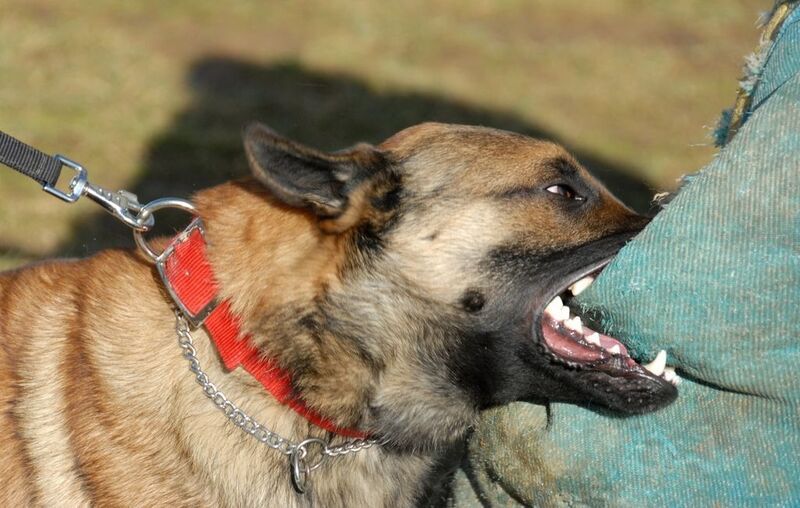Published in Personal Injury by Chris Eskew on December 10, 2021.
Most dogs make great pets. However, some dogs, due to certain individual or breed characteristics, are more dangerous than others.
In fact, according to the Centers for Disease Control and Prevention, more than 300,000 people visit the emergency room each year due to dog bites.
Figuring out whether you have a personal injury case against a dog’s owner is not always straightforward, especially under the somewhat complex Indiana dog laws.
Indiana pet laws clarify the situations in which an owner is liable for injuries caused by their animals. Specific to dogs, Indiana law provides two frameworks, depending on the status of the dog bite victim.
Indiana’s Strict Liability Dog Bite Law
Strict liability is a legal concept in which an accident victim can hold another person liable for their injuries without needing to prove the other party was negligent.
In the context of dog bites, Indiana Code § 15-20-1-3 provides that a dog owner is strictly liable for injuries caused by their animal only if the victim was either:
- Carrying out a duty under state law;
- Carrying out a duty under federal law; or
- Carrying out a duty under the postal regulations of the United States.
Thus, strict liability applies only in situations where a dog bites a police officer, federal agent, postal worker or other government employees.
State law still allows other dog bite victims to pursue a personal injury claim against the animal’s owner. However, courts apply a different law in these situations.
Indiana’s “One Bite” Rule
While the only Indiana statute on civil dog bite liability pertains to government and postal workers, Indiana courts allow dog bite victims to pursue common law claims against dog owners.
However, to succeed in such a claim, a victim must prove that the animal’s owner was negligent.
Typically, to prove negligence, you must show that the owner knew or should have known that their dog was dangerous.
In most situations, this involves showing that the owner was aware that their dog bit someone in the past.
However, a dog bite victim may be successful by illustrating that the animal acted aggressively toward humans in the past but never actually bit someone.
Defenses to Dog Bite Claims
Even if you show that a dog owner knew their dog was dangerous, there are still defenses. If a dog’s owner can successfully prove a defense, they may defeat your claim.
For example, if you were trespassing on the owner’s property at the time of the attack, it is unlikely you will prevail. Similarly, if you provoked a dog, triggering the attack, your claim will likely fail.
Finally, dog bite victims must file a case within two years from the date of the attack. Otherwise, courts will almost certainly dismiss the claim as untimely.
Indiana dog laws are complex. Anyone bitten by a dog should reach out to a dedicated Indiana dog bite lawyer for assistance with their claim.
Contact Eskew Law, for Immediate Assistance
If you or a loved one recently suffered serious injuries resulting from a dog bite, contact Eskew Law.
Our Indiana dog bite lawyers have extensive experience working with bite victims to hold negligent dog owners financially accountable.
Our lawyers provide custom-tailored representation catered to your individual goals. We also offer free consultations to all dog bite victims.
During your consultation, we will answer all your questions and provide you with our honest assessment of your case.
If you decide to hire us to pursue your dog bite lawsuit, we will not bill you for our legal representation unless we can recover compensation on your behalf.
To learn more and to schedule a free case evaluation, give Eskew Law, a call at 317-210-4256. You can also connect with us through our online form.

